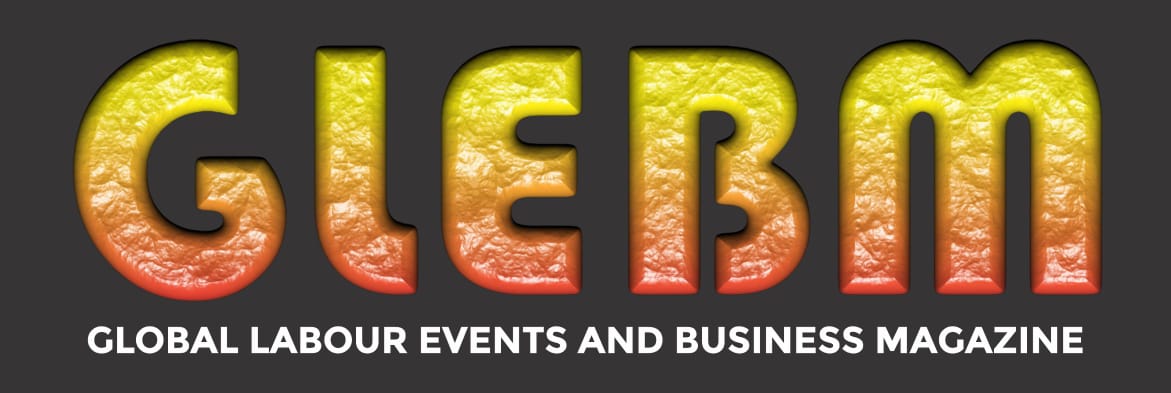By Raymond Akorede
LAGOS, April 30, 2025 — The Lagos Chamber of Commerce and Industry (LCCI) has called on the Federal Government to urgently adopt stronger fiscal management strategies to cushion the effects of trade-related shocks and escalating public debt, amid mounting pressure on oil revenues and persistent inflation.
Dr. Chinyere Almona, Director-General of the LCCI, made the remarks in a statement urging the government to strengthen budget discipline, reduce the cost of governance, and re-prioritize spending in light of current economic headwinds.
“With crude oil revenue under attack from falling prices, the government must get stricter with cutting the cost of governance within adjusted budget assumptions that reflect current realities,” she said.
Dr. Almona warned that Nigeria risks aligning with the International Monetary Fund’s (IMF) grim projection of global public debt reaching 117 percent of GDP by 2027 — the highest since World War II — unless decisive action is taken.
“Nigeria’s current debt level is dangerously close to this global trajectory. If nothing drastic is done in the short term to reduce the value and cost of borrowing, we will be burdening future generations with unsustainable debt,” she said.
The LCCI chief further recommended a review of the 2025 budget to lower revenue expectations from oil and curb non-essential expenditures, including inefficient subsidies. She emphasized the need for the government to build financial buffers and accommodate growing defence and security spending without compromising economic stability.
“Food inflation has remained the major driver of the headline inflation rate for almost two years. This is a signal that more targeted investments are needed in agriculture and infrastructure to boost local productivity,” Almona added.
To diversify the economy and expand non-oil revenues, she called for increased support to high-potential sectors such as solid minerals, the creative industry, and digital technology. In agriculture, she urged the government to invest in local fertiliser production, subsidised extension services, and tech-driven irrigation and processing infrastructure.
“We must act decisively to build a resilient, productive economy capable of withstanding external shocks and delivering real value to Nigerians,” Almona concluded.
The LCCI’s recommendations come at a time of heightened economic uncertainty, as Nigeria grapples with currency depreciation, inflationary pressures, and structural challenges across key sector.




